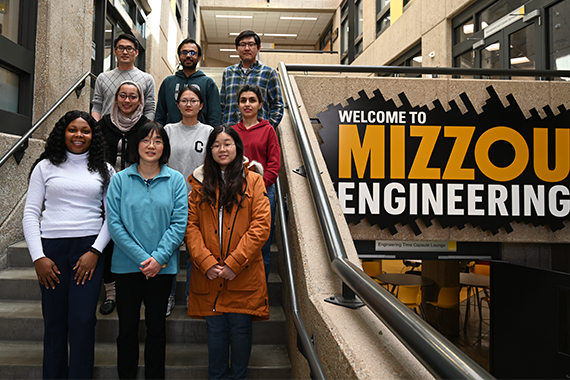
From hydrogen to health care: Zeng developing next-generation sensors based on naturally occurring phenomenon
Every day, billions of natural reactions happen all around us. Reactions in our bodies that enable us to function. Reactions in the air that form clouds. But the potential for harnessing these naturally occurring phenomenon for technological advancement has remained largely untapped. That’s where Xiangqun Zeng comes in. A professor in the Department of Chemical and Biological Engineering as well as chemistry, Zeng joined Mizzou last year, bringing with her insatiable curiosity and an impressive portfolio of sponsored research.
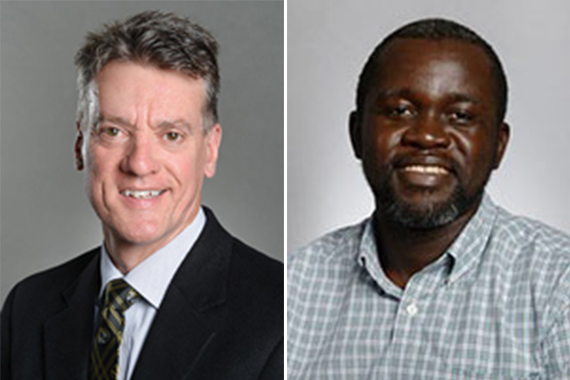
Mizzou Engineers hold key roles in international data science symposium
Nearly 350 Transportation officials from across the globe discussed smarter ways to build and maintain roads during the third annual Data Science for Pavements Symposium (DSPS24) last month.
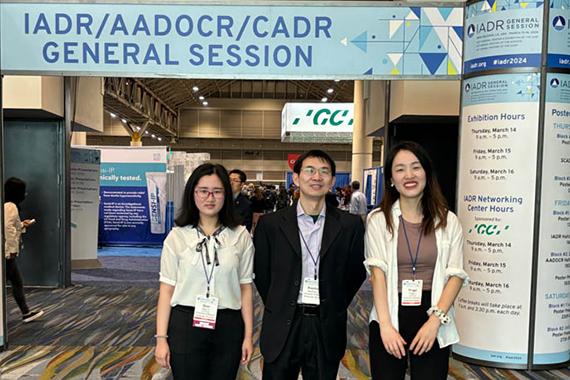
Mizzou Engineers earn honors at international dental research exhibition
Two Mizzou Engineers earned honors at an international exhibition in New Orleans in March. The awards were given at the 2024 International Association for Dental Research (IADR) General Session and Exhibition, which was held in conjunction with the Annual Meeting of the American Association for Dental, Oral, and Craniofacial Research (AADOCR).
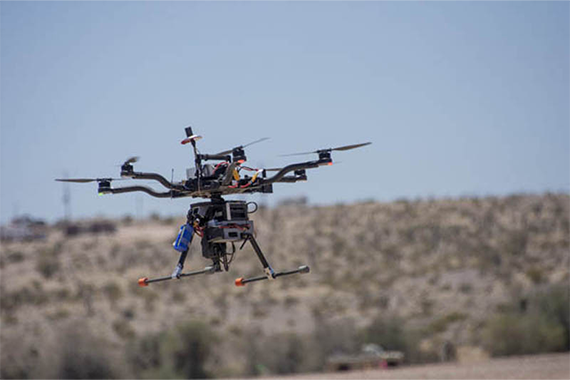
Revolutionizing drone navigation: AI algorithms take flight
Thanks to smart algorithms powered by artificial intelligence (AI), drones could one day pilot themselves — no humans needed — using visual landmarks to help them navigate from one point to another. That’s the aim of a two-year project led by University of Missouri researchers and supported by a $3.3 million grant from the U.S. Army Engineer Research and Development Center (ERDC), the premier research and development center for the U.S. Army Corps of Engineers.

Mizzou Engineering faculty elected to AIMBE College of Fellows
Two Mizzou Engineering faculty members — Xiaohua Liu and Henry Wan — have been elected to the 2024 College of Fellows of the American Institute for Medical and Biological Engineering (AIMBE).
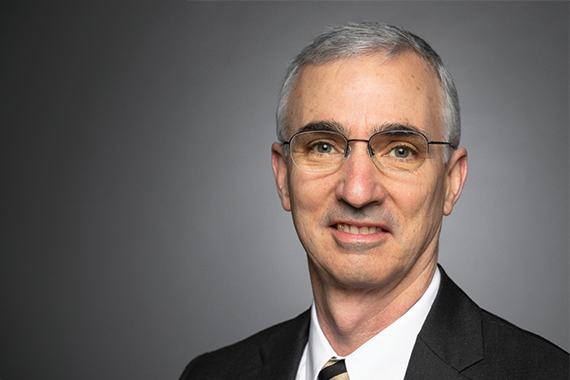
Mizzou Engineer to help U.S. Army assess systems as part of groundbreaking Department of Defense project
Mizzou Engineering is contributing to a groundbreaking project that aims to help the U.S. Army make more timely and strategic decisions in today’s technology-driven defense landscape.
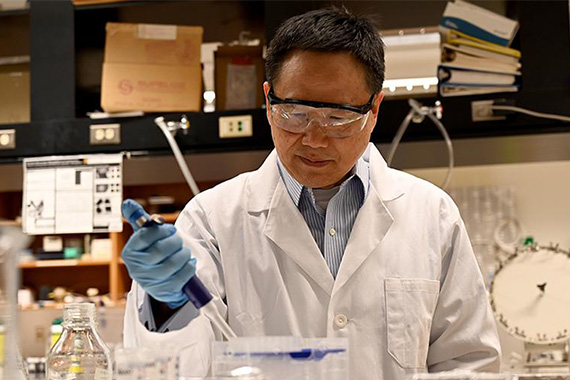
Ensuring a safer world: Baolin Deng
When Baolin Deng, University of Missouri William Andrew Davidson Professor of Civil and Environmental Engineering and co-director of the Missouri Water Center, went off to college at China University of Geosciences, he dreamed of discovering hidden mines and treasures. Little did he know that removing arsenic and other pollutants from water would actually be his calling.
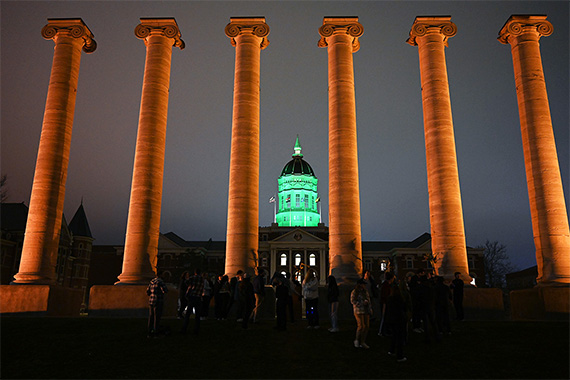
Faculty, staff, students, alumni recognized with Engineering Awards
Mizzou Engineering on Friday recognized outstanding faculty, staff and students for their dedication and service as part of the College’s annual awards banquet.

Mizzou Engineer leads synthesis to study safety roadway countermeasures
A Mizzou Engineer is leading a project to help determine what measures state departments of transportation (DOTs) are using to help keep motorists safe. Henry Brown, a research engineer in the Department of Civil and Environmental Engineering, is Principal Investigator on the synthesis, which is under the umbrella of the National Cooperative Highway Research Project (NCHRP). Findings are expected to be published by the National Academies of Sciences, Engineering, and Medicine next year.
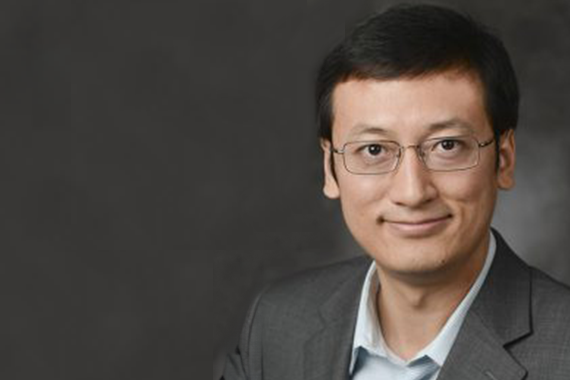
Xiao recognized with Excellence in Research Award from Environmental Science & Technology journal
Mizzou Engineering’s Feng “Frank” Xiao has been recognized with an Excellence in Review Award from Environmental Science & Technology (ES&T), the premier journal in environmental engineering and science.